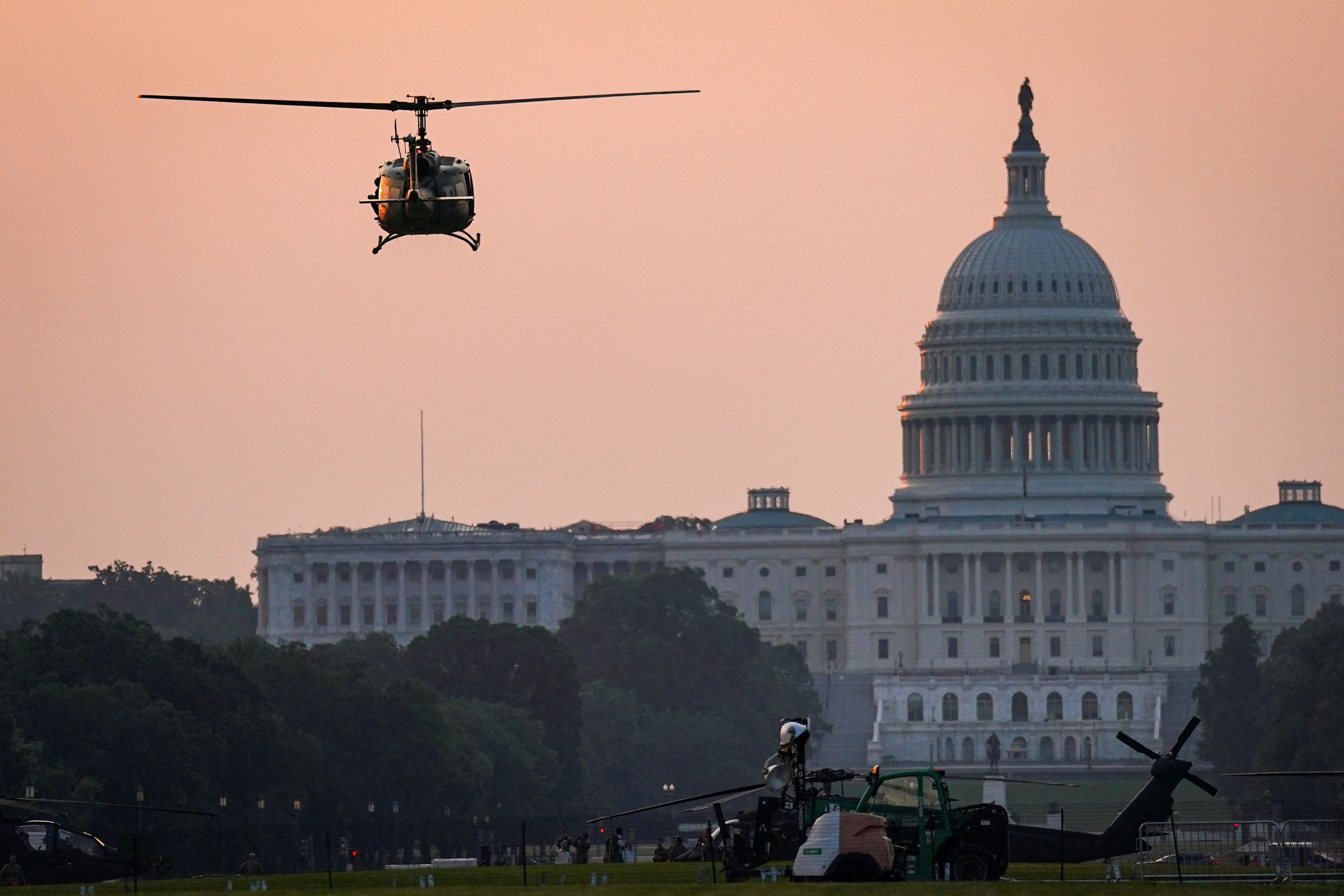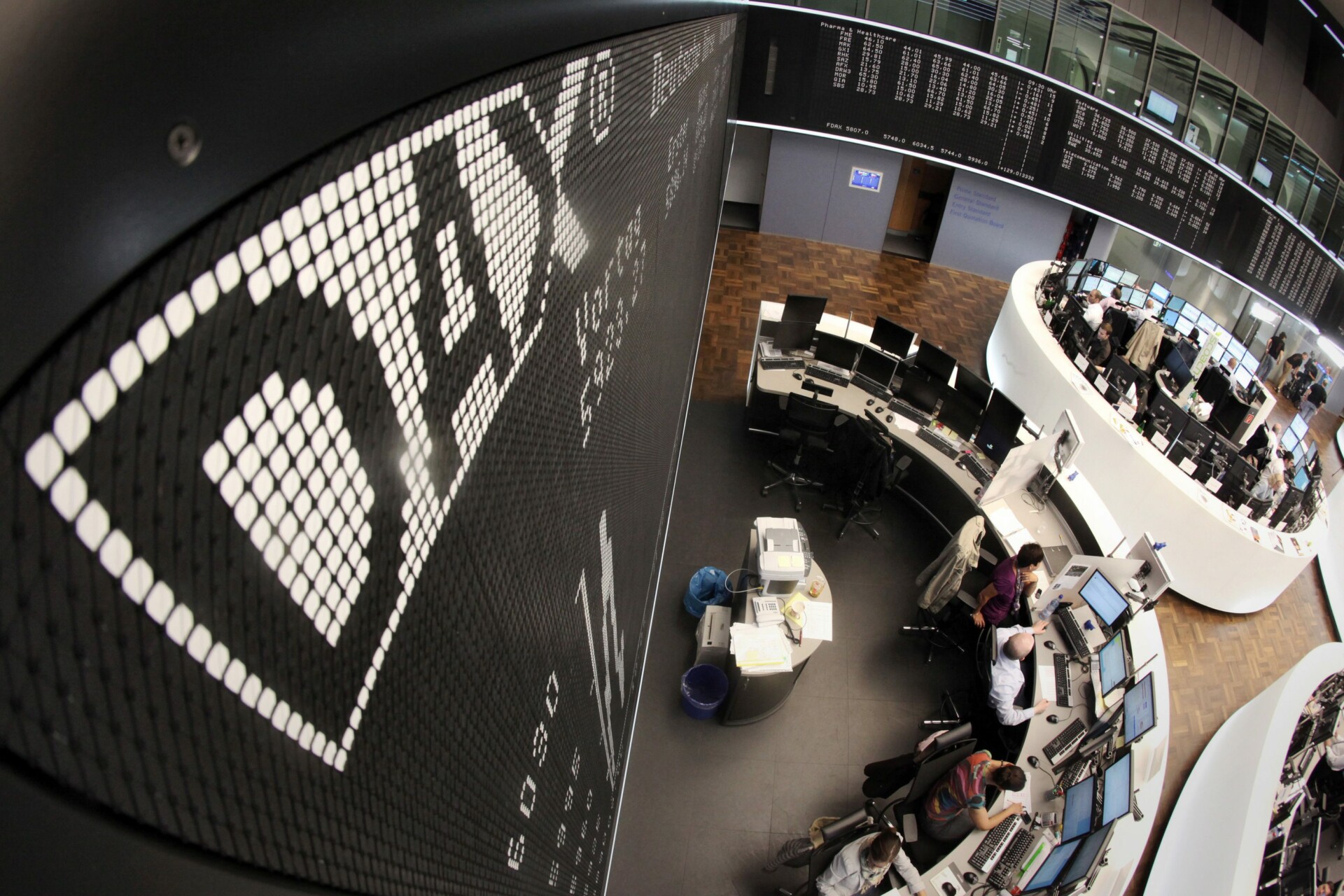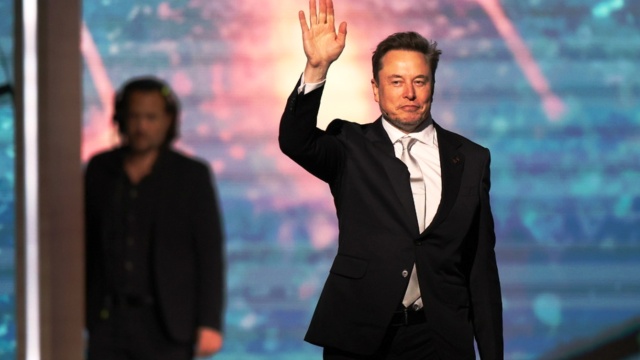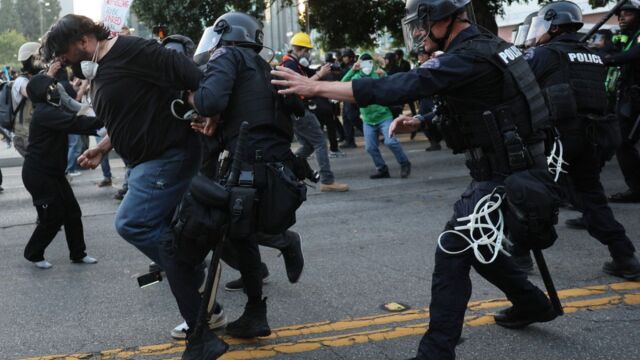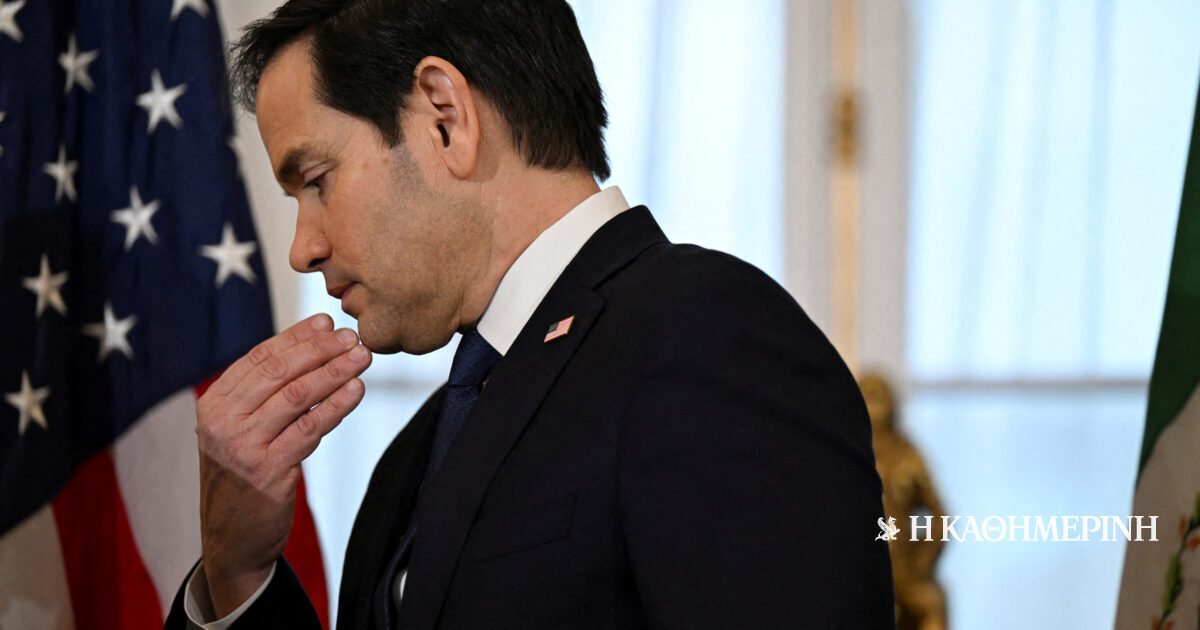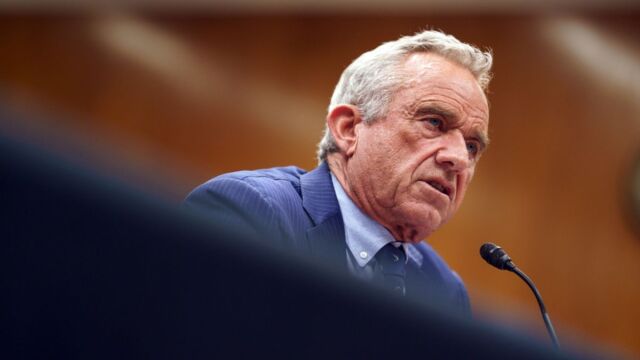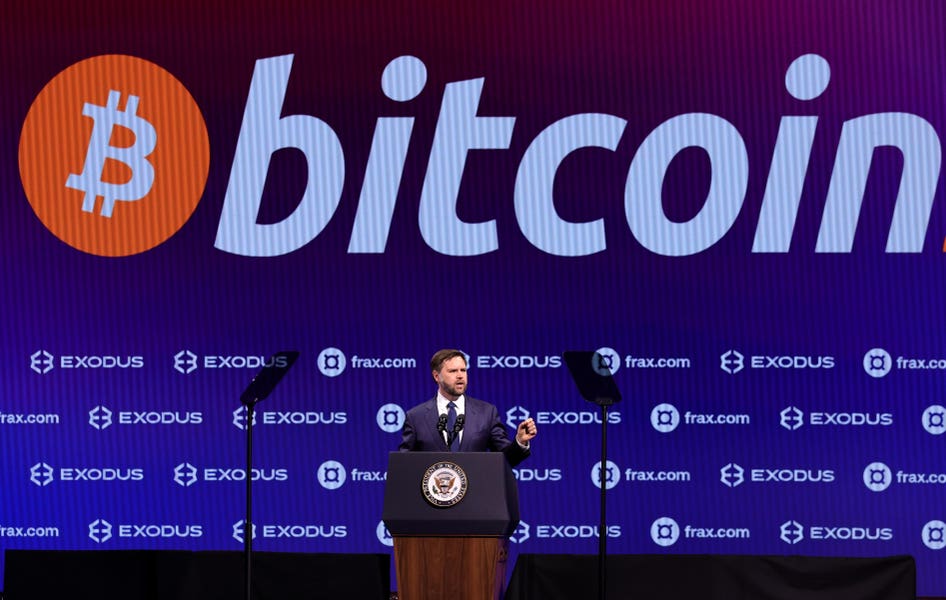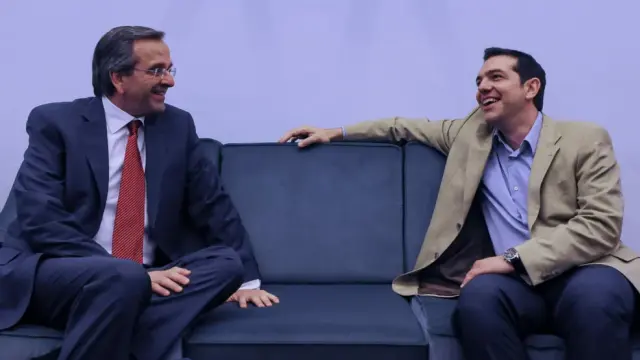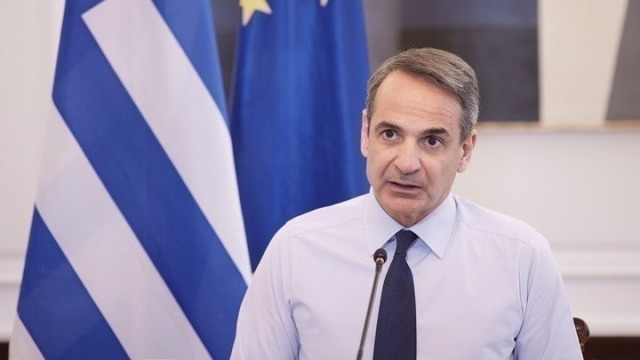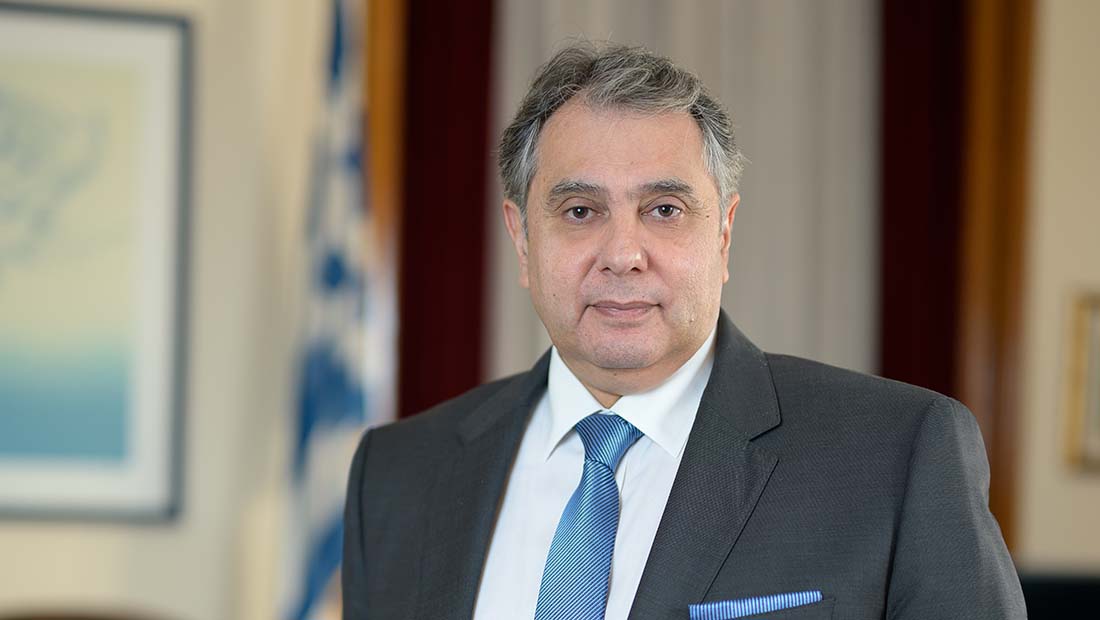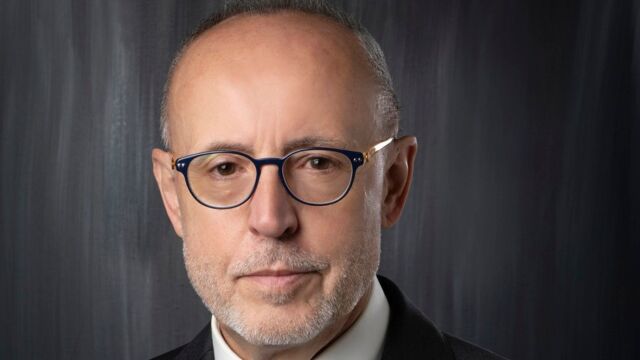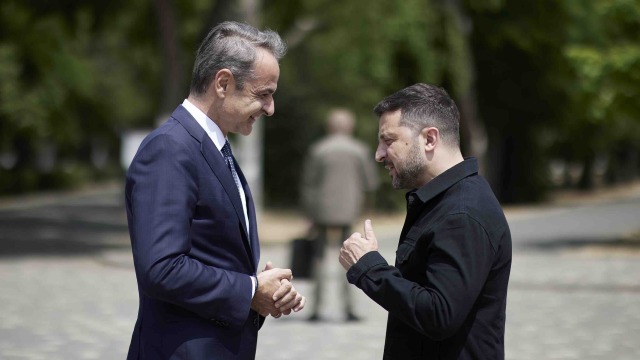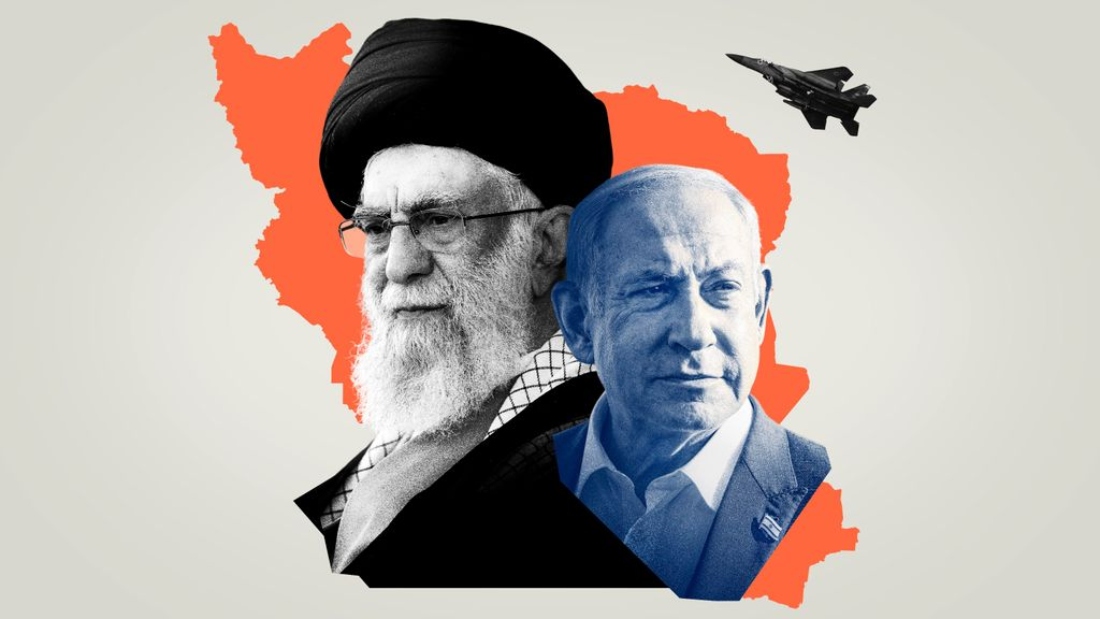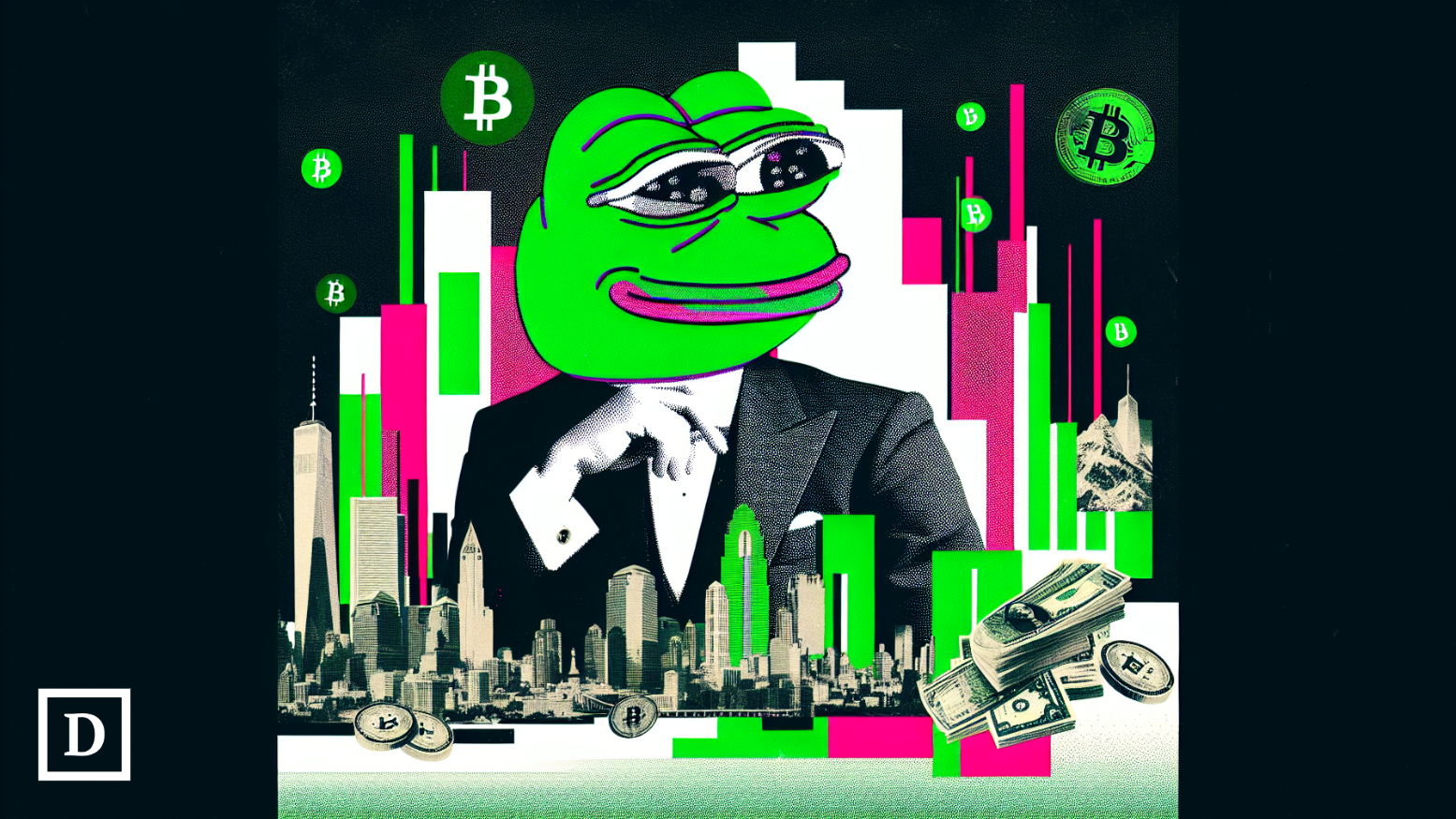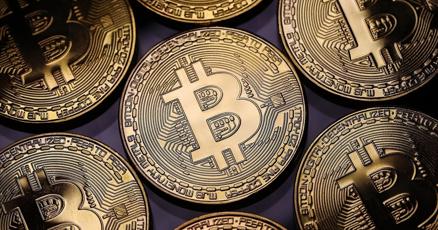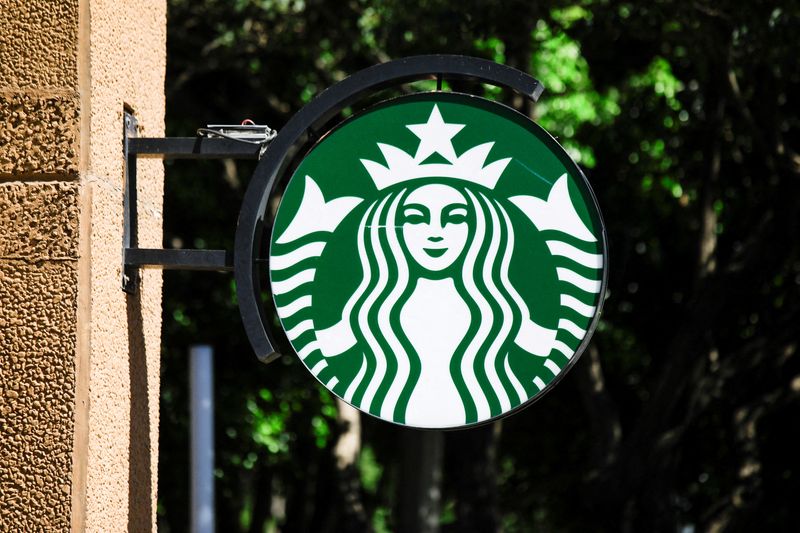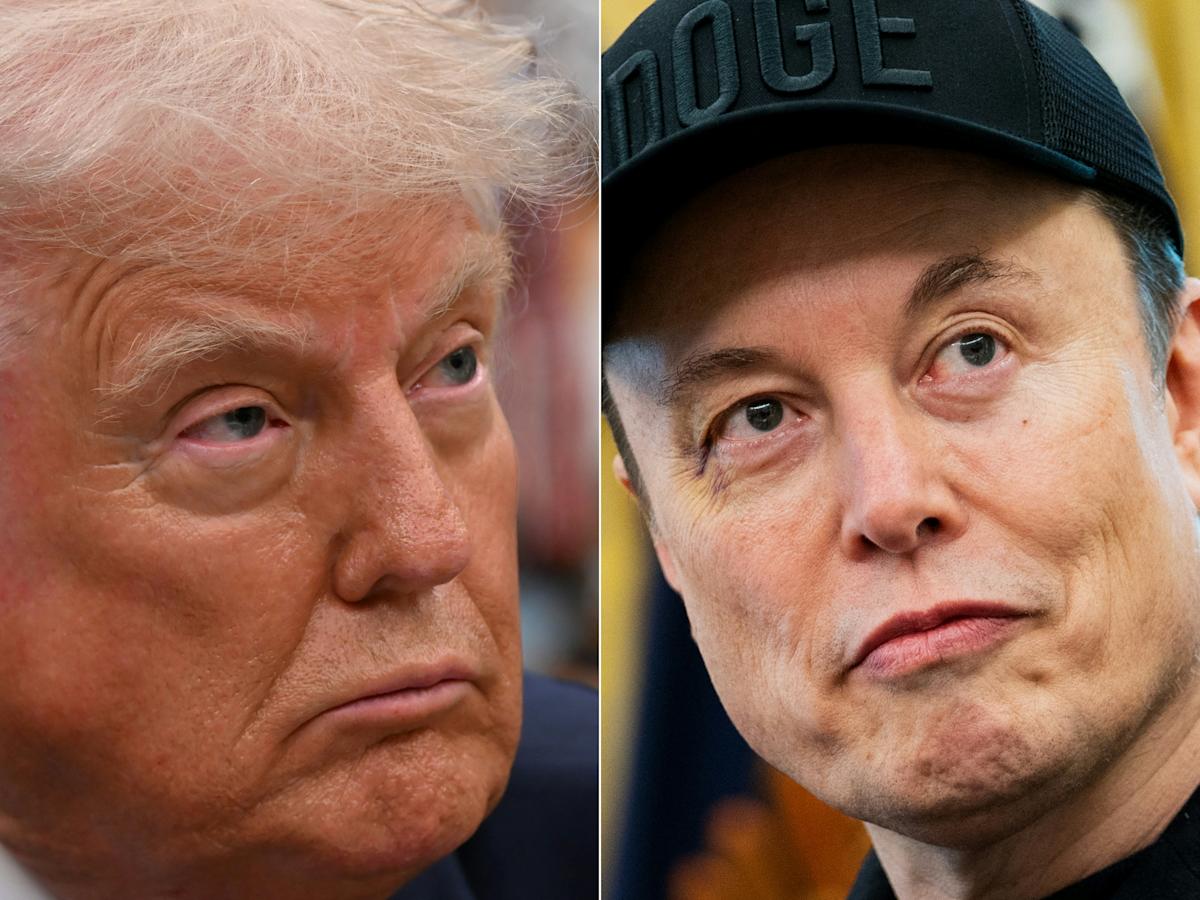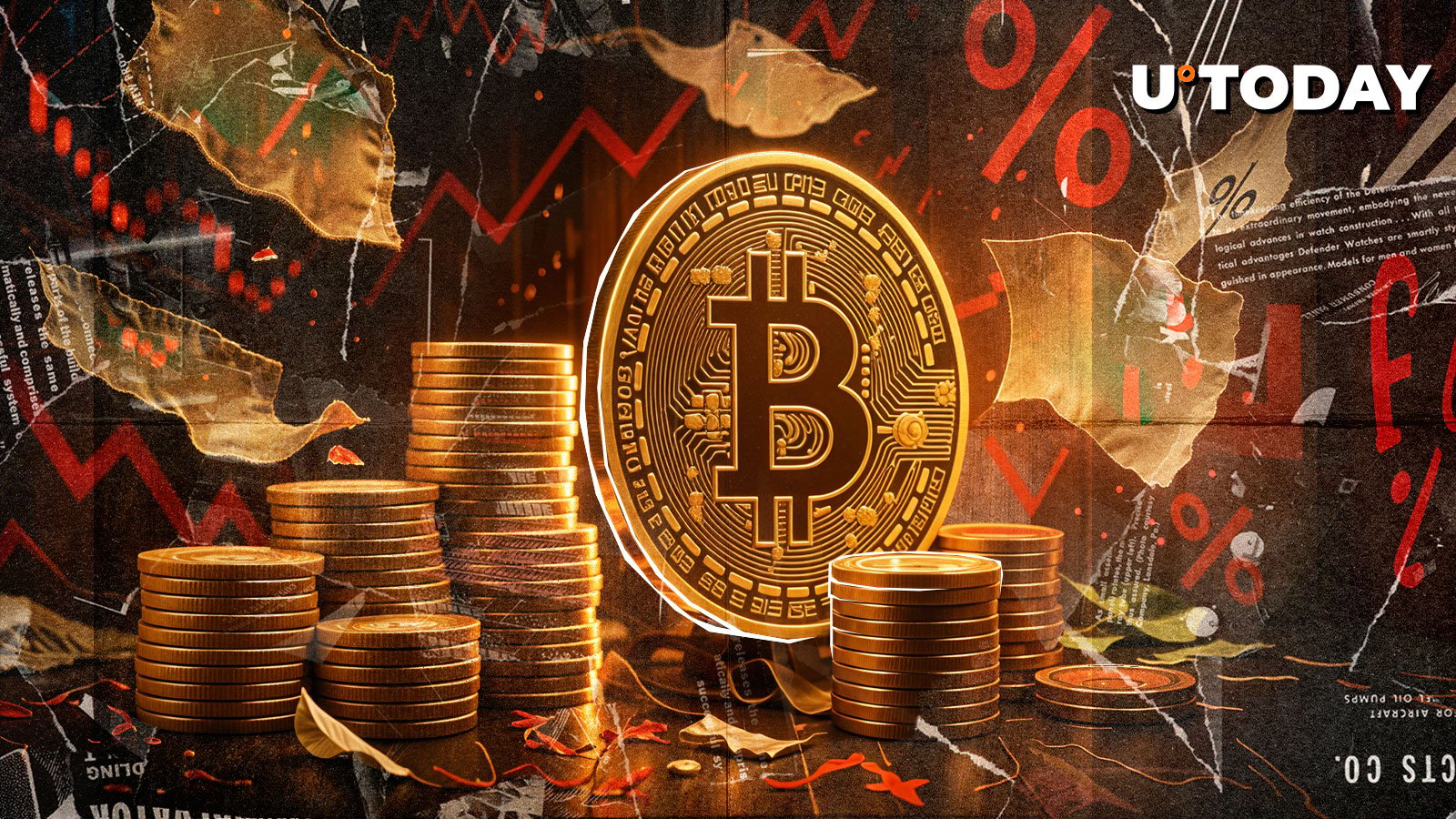Bitcoin’s Exuberant Coming Out Party In Sin City
This is a published version of our weekly Forbes Crypto Confidential newsletter. Sign up hereto get Crypto Confidential days earlier free in your inbox.
LAS VEGAS, NEVADA - MAY 28: U.S. Vice President JD Vance delivers a keynote address at The Bitcoin Conference at The Venetian Convention & Expo Center on May 28, 2025, in Las Vegas, Nevada. (Photo by Ethan Miller/Getty Images)
Getty ImagesYet another Bitcoin Conference has thundered to a close. This year’s pilgrimage for the faithful took place at the Venetian, Las Vegas’ most ostentatiously faux palace—a mock Venice built in the Nevada desert, complete with a casino, chlorinated canals and costumed gondoliers. Fitting, really, for the new reality of bitcoin: loud, celebrated, and depending on your vantage point, either triumphant or gaudy.
Some 35,000 people poured in, an all-time high for what began as a fringe gathering of cypherpunks. The conference even set a Guinness World Record for the most bitcoin payments in a single day, if that sort of thing impresses you. Bitcoin itself hit $111,000 days before the event, a milestone barely celebrated in a market where all-time highs are now routine.
At last year’s conference in Nashville, Donald Trump promised to make America “the crypto capital of the planet” and “the bitcoin superpower of the world.” This year’s installment felt like, well, proof-of-work.
Trump’s lieutenants Vice President JD Vance and Crypto and AI Czar David Sacks took the stage in the main venue to offer receipts: The Securities and Exchange Commission’s warfare against crypto is over. Gary Gensler is out. Landmark crypto bills are making their way through Congress. The bitcoin reserve is in the works. Ross Ulbricht, the Silk Road founder, is free. Operation Chokepoint 2.0, the campaign to choke crypto’s access to banking, has become a phrase mentioned mostly in postmortems. Major financial institutions, once terrified of reputational blowback, are swiftly rolling out digital asset desks again. And dozens of companies, including public ones, are adopting crypto treasury strategies. All this within the first 100 days of Trump’s second presidency. “Promises made, promises kept,” as Trump’s crew likes to say.
"I'm here today to say loud and clear, with President Trump, crypto finally has a champion and an ally in the White House," Vance boomed at his 9 a.m. keynote (doors opened at 5:30 a.m. to handle the traffic). “We prioritize eliminating the rules, the red tape and the lawfare that we saw aimed at crypto by our predecessors.”
During his panel with the Winklevoss twins, David Sacks asked the audience what else was on the industry’s wishlist. The loudest answer? “Remove the capital gains tax.” Cameron Winklevoss added: “It would be great if the American government started proactively buying bitcoin.”
The irony is hard to overlook. Bitcoin was meant to be apolitical, decentralized, pure—a middle finger to the traditional financial establishment and states’ monopoly on money. And yet, the conference at times felt like an RNC spinoff, complete with speeches by Eric and Donald Trump Jr., and ovations for politicians who wouldn’t have touched the asset five years ago. The president himself called bitcoin a scam in 2021. Now he’s all in. After all, crypto has boosted Trump’s net worth by about $1 billion in under a year, according to Forbes’ calculations. His digital asset holdings are now worth more than any single piece of real estate he owns, including the combined value of Mar-a-Lago and Trump Tower, writes Dan Alexander.
A week before the conference, Trump hosted the largest buyers of his meme coin at a White House dinner. His family has not-quietly-at-all seeded an entire portfolio of crypto ventures: DeFi-focused World Liberty Financial, the publicly traded crypto miner American Bitcoin, and Trump Media, which announced during the conference it’s raising $2.5 billion to buy bitcoin for its corporate treasury.
I kept wondering what Satoshi would say. Maybe he’s watching. If so, I doubt he’s smiling.
Some purists did complain. Not just about the politicization of bitcoin, but about the creeping presence of “shitcoinery.” Companies behind cryptocurrencies like XRP and Sui, long associated with the other side of crypto’s ideological divide, were apparently among the sponsors/supporters. Among prominent panel topics were stablecoins and tokenization.
“Most bitcoiners don’t care about the SEC’s opinion or what BlackRock and Robinhood have to say. Most bitcoiners, I guess, want to see more bitcoin stuff. Don’t forget bitcoin is about the separation of money and state. We should not invite the state. We can’t forget all the pain, suffering, murders, famine, and stealing that the state has done for centuries. bitcoin liberated us from the state,” vented one observer.
Of course, internal squabbles like this barely register outside the crypto echo chamber. The reality is that the conference, like bitcoin itself, has outgrown its rebel roots, morphing into something far bigger, louder and more institutionally embedded than its earliest adopters ever imagined.
Among other high-profile guests were billionaires Michael Saylor, Justin Sun (a major investor in Trump’s crypto ventures), Robinhood CEO Vlad Tenev, Tether CEO Paolo Ardoino, SEC Commissioner Hester Peirce, members of Congress and Bo Hines, executive director of the President’s Council of Advisors for Digital Assets. Ross Ulbricht delivered a closing speech, his first after being freed from prison.
Three themes dominated the agenda. First, the rise of crypto treasuries. There are now over 70 public companies holding bitcoin (and we were early to spot this trend). It may still be the center of gravity, but it’s no longer the only asset in the orbit: there’s also growing attention on companies adding solana, ether and even XRP to their balance sheets.
Second, legislative momentum. The stablecoin-focused GENIUS Act is on track to pass Congress. Excitement is building around the U.S. market structure bill, which could finally bring clarity and codified legitimacy to crypto in America at large.
Third, cultural mainstreaming. The asset once thought of as a tool for opting out of the financial system is now being folded neatly into it: politicians are using it as a campaign plank, nation-states are buying in (the head of Pakistan’s crypto council announced at the conference that the country is also planning to establish a bitcoin reserve) and corporations are writing playbooks around it.
“There’s an old-time saying ‘Everything is good for bitcoin’,” assured me Jack Mallers, CEO of Strike and Twenty One Capital—one of the new bitcoin treasury companies, backed by Tether and SoftBank Group. “Do I love every single thing Trump is doing? No, there's plenty of stuff I would do differently personally if I were president. But are there things I love about the administration? Yes, I love having a bank account in the United States, where my passport is issued,” he said, alluding to the unraveling of Operation Choke Point 2.0.
Perhaps he’s right. After all, partially thanks to the administration’s push on the bitcoin reserve and its wholesale embrace of the industry born out of Satoshi Nakamoto’s creation, more people than ever know about bitcoin and use it. Meme coins too, but that’s besides the point. Turns out, decentralization scales best with help from the state.
Also:Circle Soars In First-Ever Stablecoin IPO, Making CEO A Billionaire
ELSEWHERE:
Trump Crypto Feud Heats Up With Cease-And-Desist Letter [Bloomberg]
Apple, X, And Airbnb Among Growing Number Of Big Tech Firms Exploring Crypto Adoption [Fortune]
Pump.fun Plans $1B Token Sale At $4B Valuation: Sources [Blockworks]
Content Original Link:
" target="_blank">

